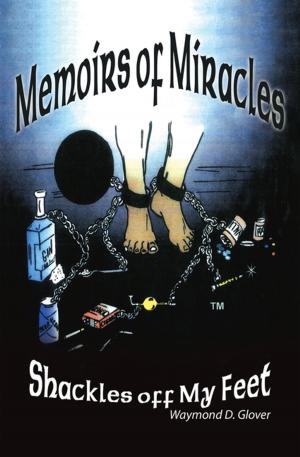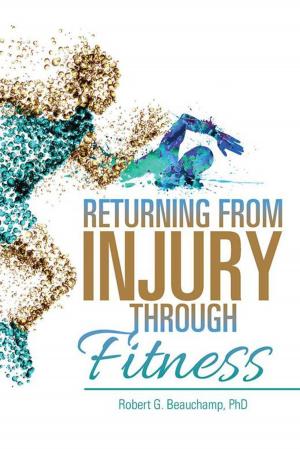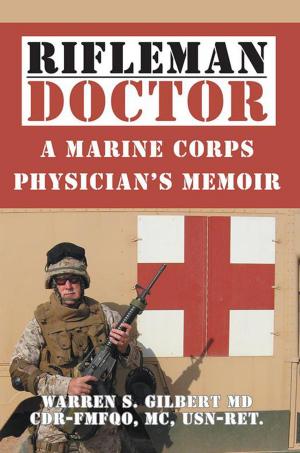Basic Research Strategies
A Guidebook for Stressed Thesis and Dissertation Writers
Nonfiction, Reference & Language, Education & Teaching, Teaching, Statistics, Higher Education| Author: | Dr. L.D. Molina ScD MPH | ISBN: | 9781491774809 |
| Publisher: | iUniverse | Publication: | August 27, 2015 |
| Imprint: | iUniverse | Language: | English |
| Author: | Dr. L.D. Molina ScD MPH |
| ISBN: | 9781491774809 |
| Publisher: | iUniverse |
| Publication: | August 27, 2015 |
| Imprint: | iUniverse |
| Language: | English |
This guidebook uses a combination of pragmatism, humor, and original data to respond to knowledge gaps commonly experienced by students in non-traditional, accelerated, and online degree programs. Basic information useful for creating a thesis proposal and conducting an independent study is provided. Themes include: choosing a topic, data sources, IRB review, asking questions, stating hypotheses, sample size estimation, randomization, statistical testing, presenting data, and defending findings. Finally, readers are encouraged with data that suggests high stress levels will likely normalize after the thesis is completed.
A simple and approachable introduction to important concepts without the confusing antidotes. A helpful read before attempting to take a research or statistics class for the first time. - Dr. Scott Love, Academic Coordinator of DPT Clinical Education, University of Saint Augustine for Health Sciences
A unique and valuable framework for helping students in accelerated degree programs understand basic methodological concepts, manage time, and facilitate the successful completion of a thesis. - Dr. Carla Basinait-Smith, Adjunct Assistant Professor, School of Social Work, Columbia University
This guidebook uses a combination of pragmatism, humor, and original data to respond to knowledge gaps commonly experienced by students in non-traditional, accelerated, and online degree programs. Basic information useful for creating a thesis proposal and conducting an independent study is provided. Themes include: choosing a topic, data sources, IRB review, asking questions, stating hypotheses, sample size estimation, randomization, statistical testing, presenting data, and defending findings. Finally, readers are encouraged with data that suggests high stress levels will likely normalize after the thesis is completed.
A simple and approachable introduction to important concepts without the confusing antidotes. A helpful read before attempting to take a research or statistics class for the first time. - Dr. Scott Love, Academic Coordinator of DPT Clinical Education, University of Saint Augustine for Health Sciences
A unique and valuable framework for helping students in accelerated degree programs understand basic methodological concepts, manage time, and facilitate the successful completion of a thesis. - Dr. Carla Basinait-Smith, Adjunct Assistant Professor, School of Social Work, Columbia University















